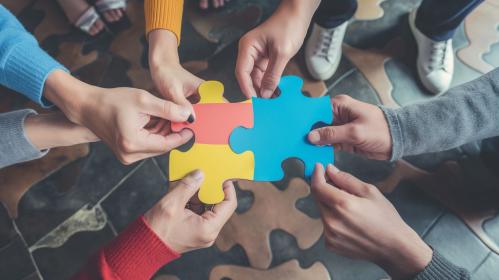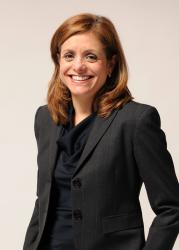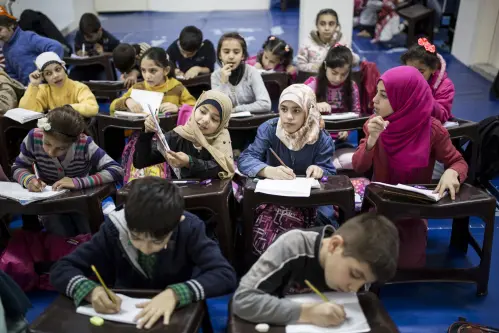

10:00 am EDT - 11:30 am EDT
Past Event
10:00 am - 11:30 am EDT
1775 Massachusetts Avenue N.W.
Washington, DC
20036
Skills are the foundation of human capital, equipping people to effectively solve problems and face new challenges; they encompass knowledge, abstract reasoning, personality traits, beliefs, and even physical dexterity. The recent 2016 Economy and Development Report (RED 2016) published by the Development Bank of Latin America (CAF) shows that having more skills implies getting a better job and being more productive, being physically and mentally healthier, participating more actively in society, completing more years of education, and enjoying higher life satisfaction, among other advantages. Unlike the human capital measured by years of education, skills for work and life are not only developed through formal education. The family, the physical and social environment (the neighborhood or community), and the labor market are also crucial to accumulating skills.
On March 24, the Brookings Global-CERES Economic and Social Policy in Latin America Initiative and CAF co-hosted María Lucila Berniell, lead economist at CAF, for a short presentation of the report. Following Berniell’s remarks, a panel of education experts discussed the report’s findings and the future of skills development in Latin America.
10:00 am - 10:05 am
10:05 am - 10:30 am
10:30 am - 11:30 am
Moderator

Panelist

Brad Olsen, Molly Curtiss Wyss, Maya Elliott
September 16, 2024

Magdalena Rodríguez Romero
September 10, 2024

Sweta Shah
September 6, 2024